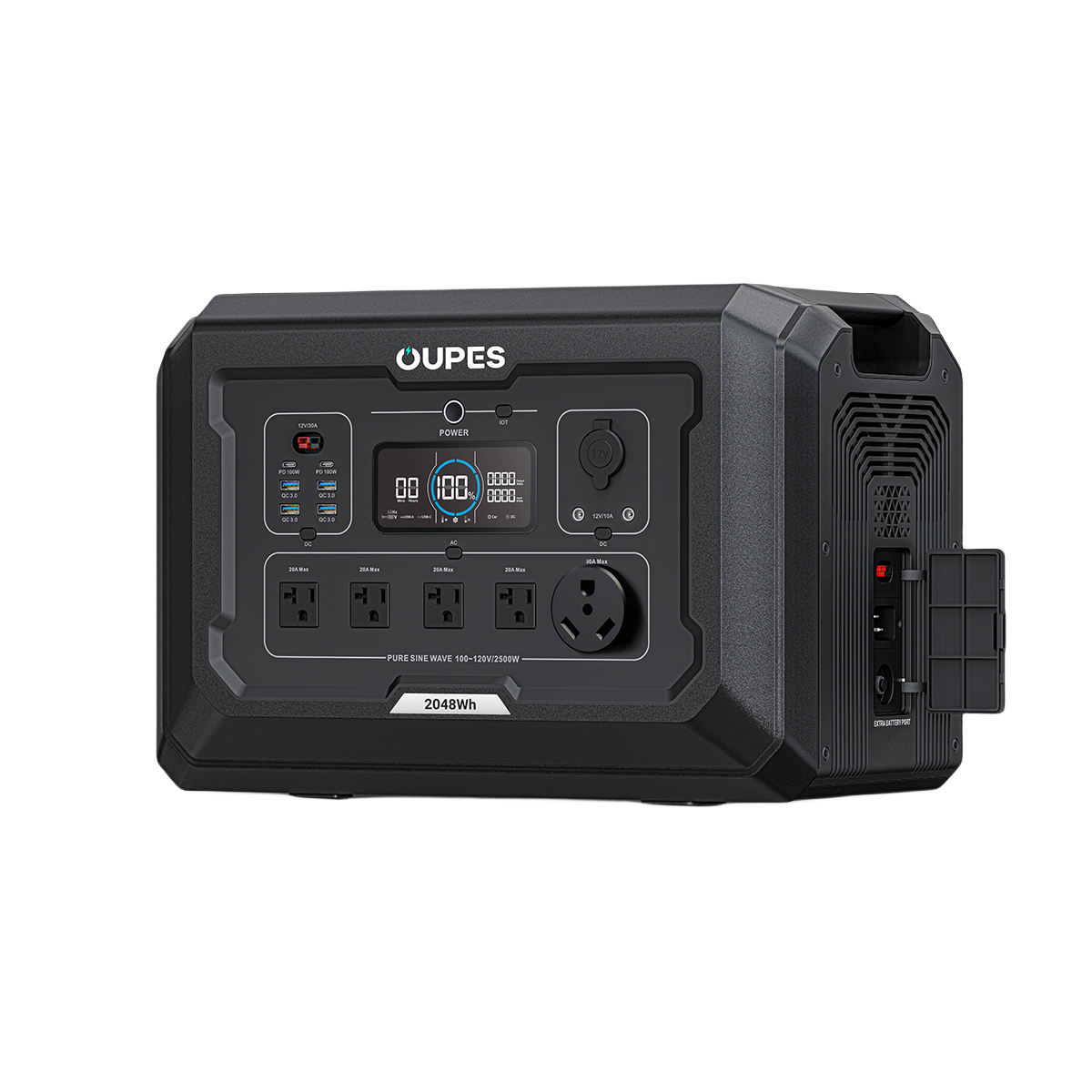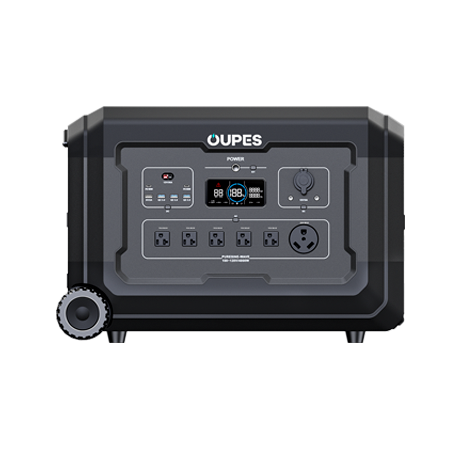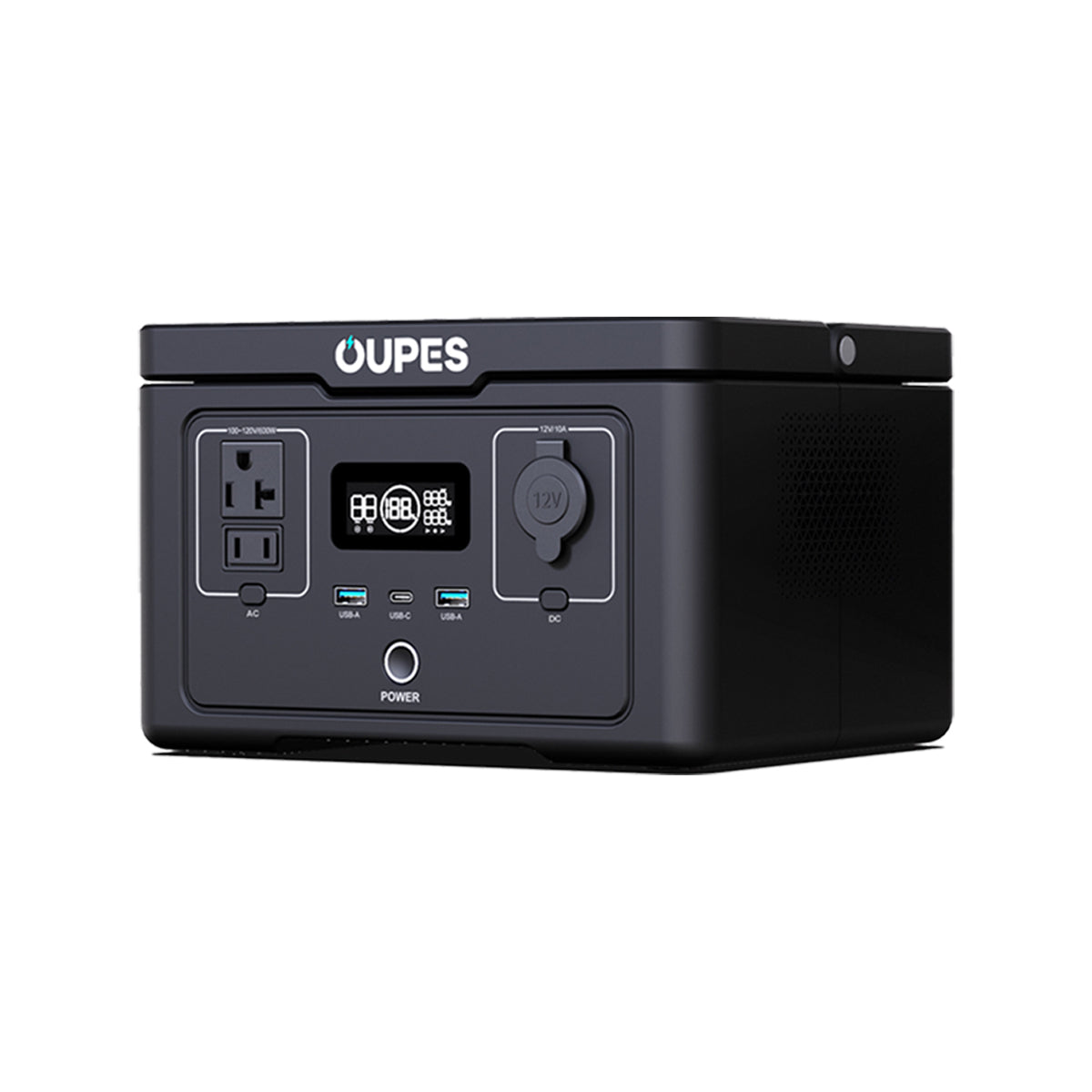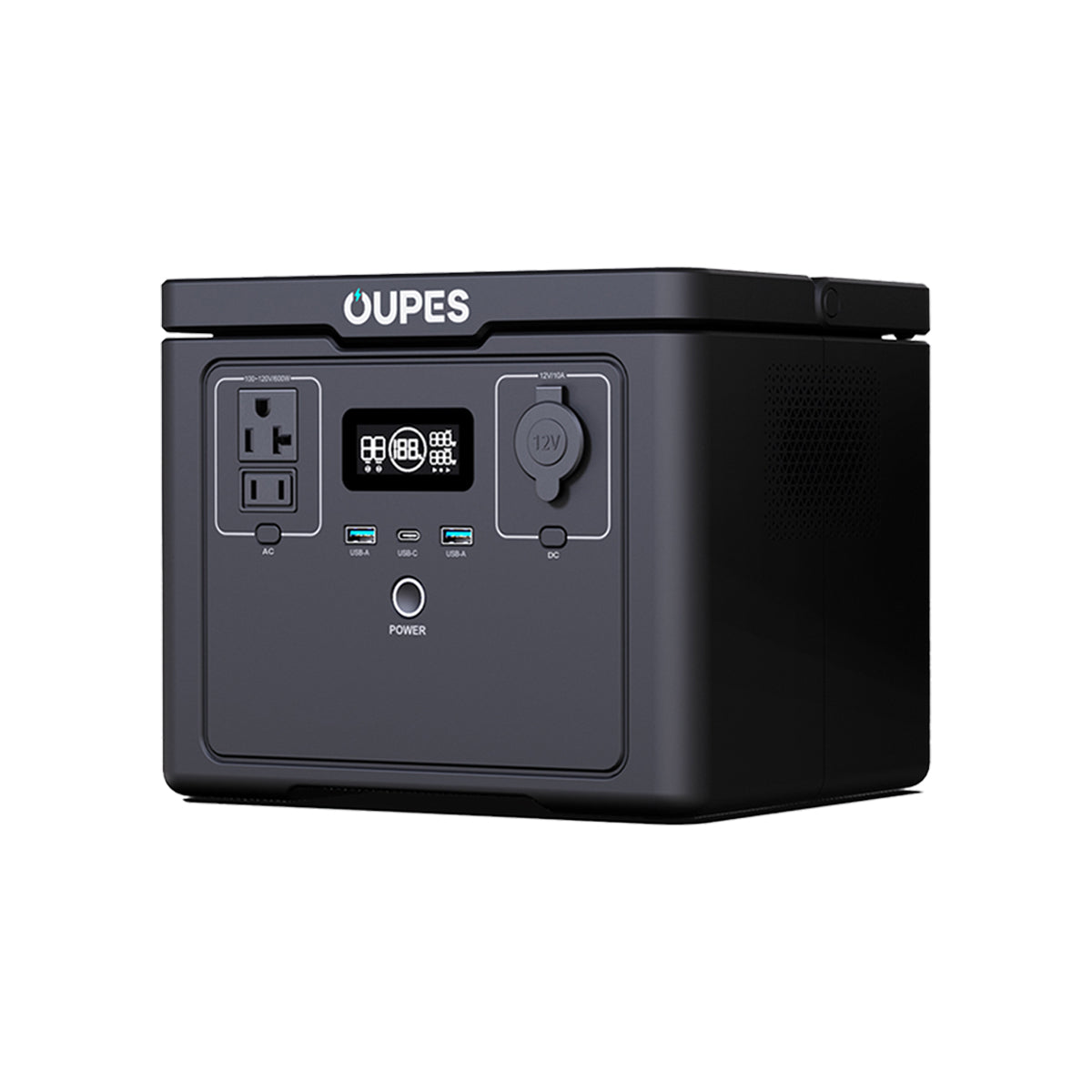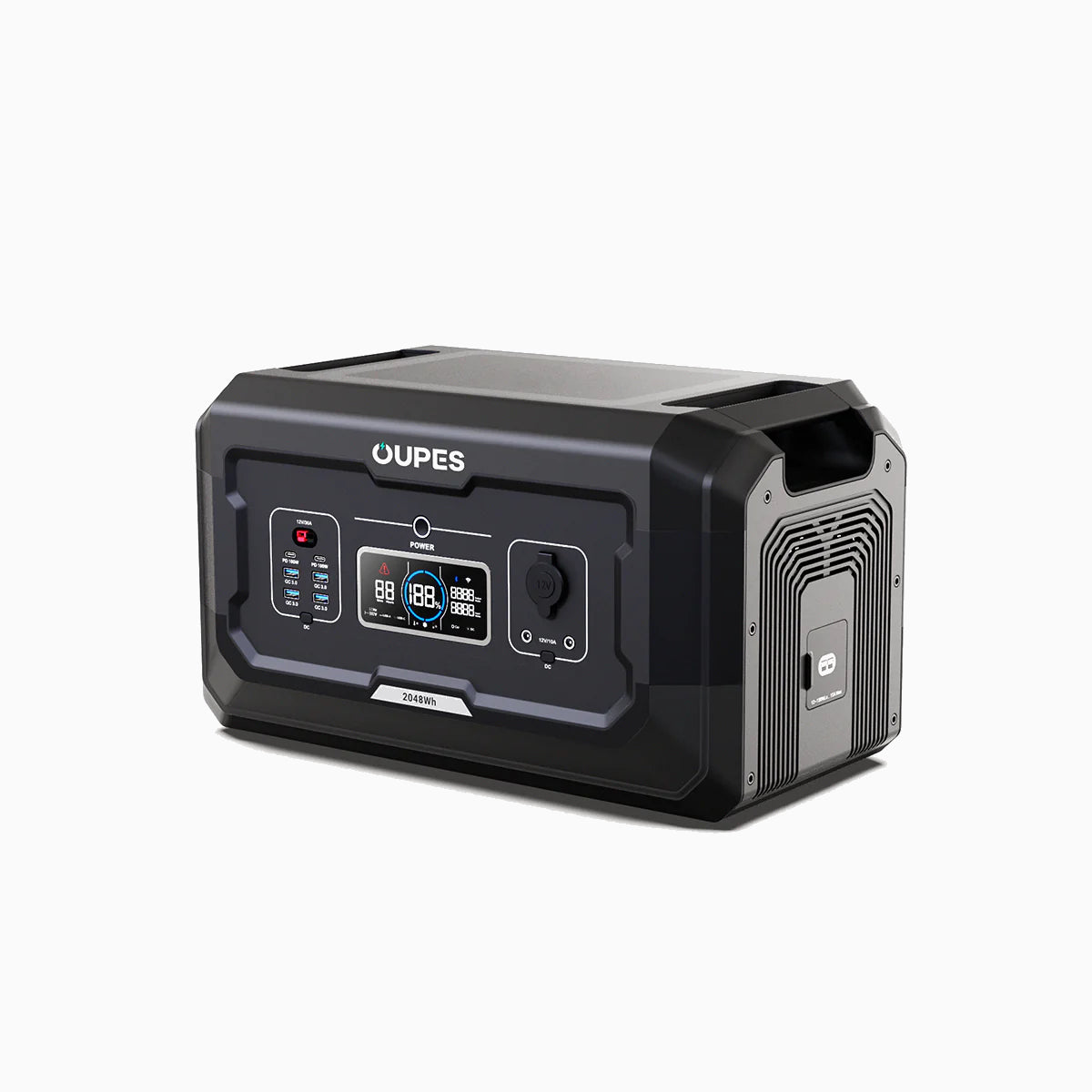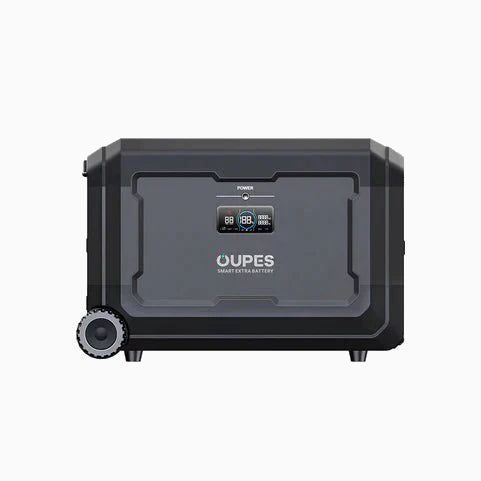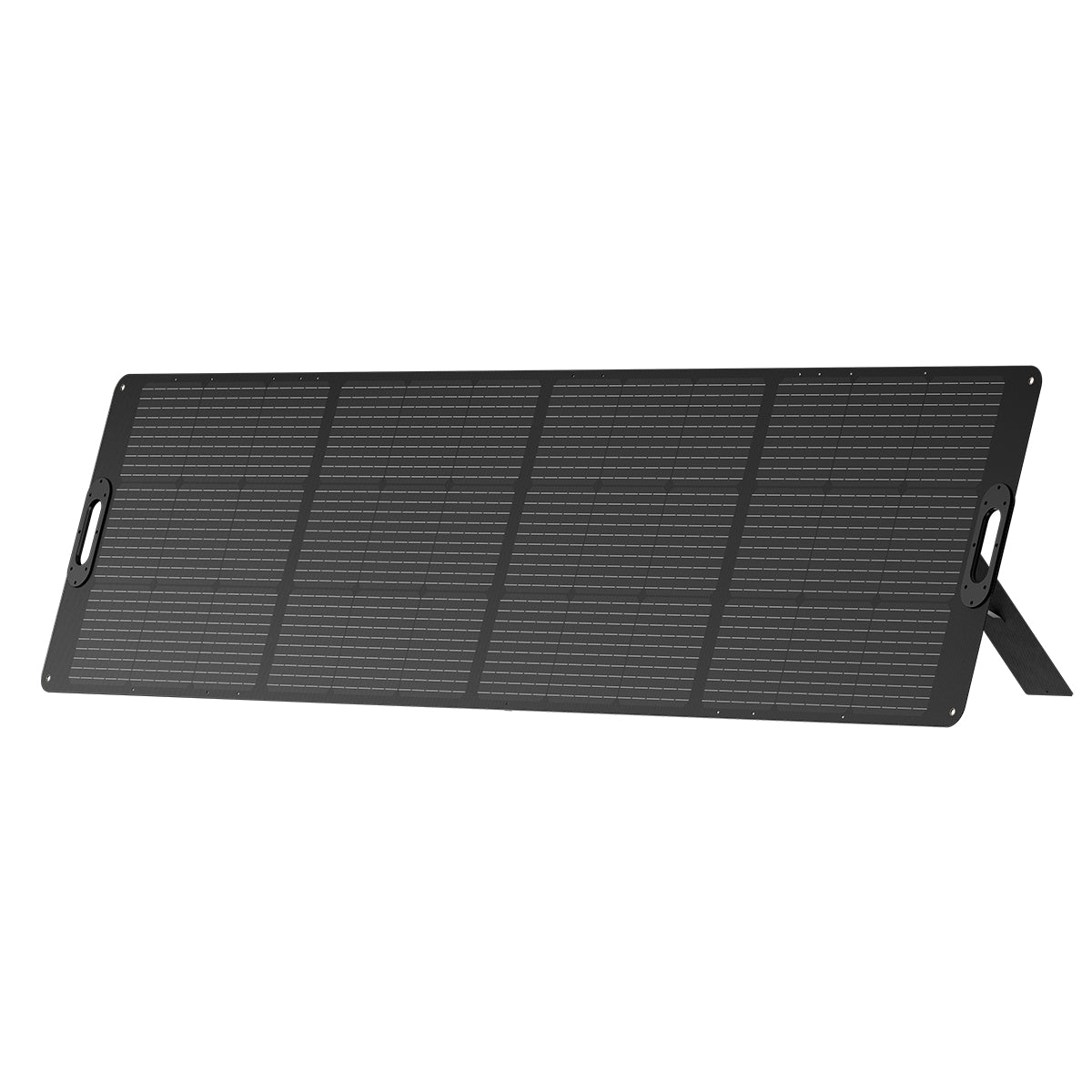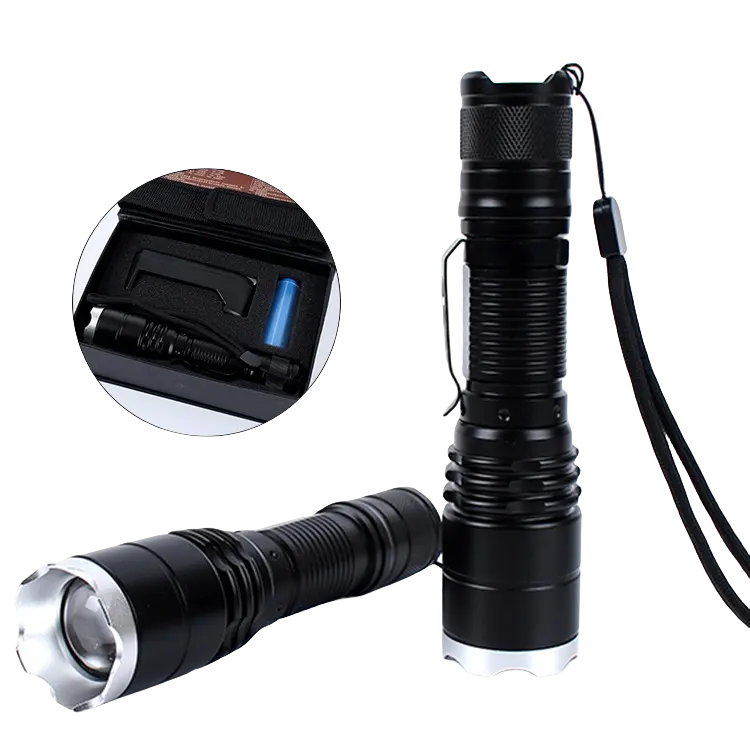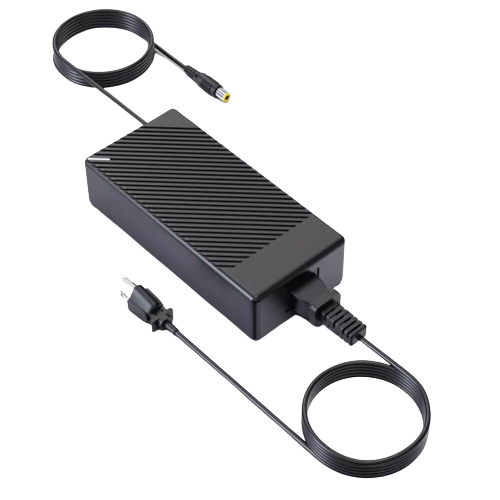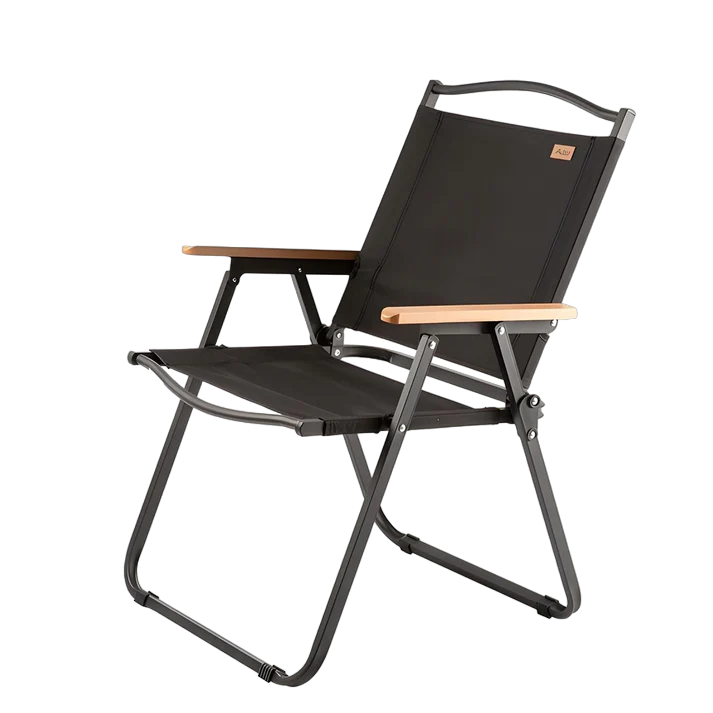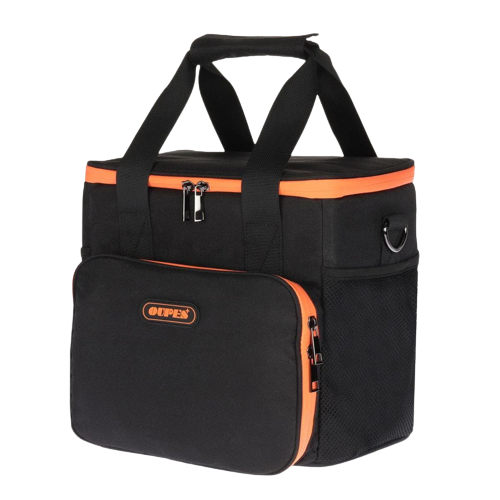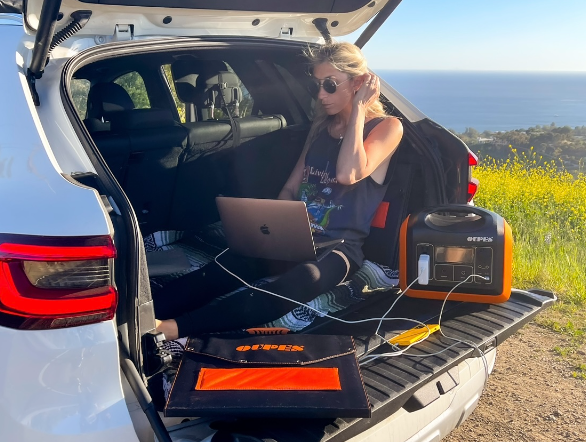Can a Mini Solar Generator Charge a Weed Trimmer?
The term solar generator can refer to any technology that requires sun rays to be able to charge. These special systems are able to transport the sun’s rays via a system of integrated solar panels that goes straight to the battery backup storage. Think of them as having a generator that doesn't require any fossil fuels. A mini solar generator can provide you with backup power in emergencies. The question still remains—can you charge a weed trimmer with one? Keep reading to find out everything you need to know about charging your weed trimmer.

The short answer is yes. You can use a solar generator to charge a weed trimmer. The time that it takes to charge will depend on how powerful the weed trimmer is and how big your solar generator is.
The mini solar generator can even charge the weed trimmer while operating. Of course, this won't be possible on a cloudy day or if your solar generator isn't capable. If you do want to use your solar generator like this, read the manual beforehand.

How Does a Mini Solar Generator Work?
Solar generators can deliver reliable off-grid energy for lengthy periods of time using nothing more than the sun's energy. Solar generators offer a sustainable alternative to gas and propane-powered generators, often being just as effective or even more efficient.
The way solar generators function is by combining a solar panel, a charge controller, a battery system, and an inverter into a small device that can transform solar energy into a usable electrical current.
What Is Needed to Operate the System?
To better understand how a mini solar generator works, you need to know what each component is in the system and what it does. The following will get your system operating correctly and create your own own small portable power station:
Battery
The solar energy will need to go somewhere where it can be stored safely for use later on. Lithium-ion batteries are the popular choice because of their charging and storing capabilities. They also last longer and are more affordable in the long run. Without a correct battery system, the entire system won't be as effective.
Charge Controller
A charge controller's major objective is to safeguard the battery and increase its longevity. Based on the specific type of battery and solar panel you are using, charge controllers include a variety of capabilities for charging and discharging. Because they balance the power dynamics between the solar panels and batteries, charge controllers are essential for a solar power system to function.
Inverter
The main purpose of the inverter is to take the direct current from the battery bank and convert it to alternating current, which can then be used to power our everyday items. Most appliances run off AC power, but you can get a few that run off DC power. In that case, you won't need an inverter.

Why Are Solar Generators Essential for Everyday Life?
As more and more of our population depends on these types of technology to survive, having backup power at home is becoming increasingly important.
Solar generators are important for supplying backup power for essential medical equipment like at-home health monitors. In addition, they can power fans, medium-sized refrigerators, and air conditioners.
What Are the Major Benefits?
When you use a solar generator, you are using free energy from the sun. By using renewable energy, less pollution occurs, and the world is a cleaner place. The average lifespan of a solar panel is between 25-30 years, so you make use of this free energy for many years to come.
Quite Operating
An engine-operated generator is noisy and messy. The more power a generator produces, the louder it becomes. In a quiet neighborhood, a generator isn't feasible. A solar generator, however, doesn't produce any noise. This reduces noise pollution and improves the overall cleanliness of your home.
Lightweight
An engine-powered generator is heavy and difficult to cart around. The same medium-sized generators can weigh an excess of 250 pounds. In contrast, mini solar-powered generators max out at 180 pounds.
Lower Maintenance Costs
Unlike other generators, a solar one has no moving parts and isn't burning liquid fuel. No moving equals no maintenance costs for servicing. The solar panels do last a long-time and with improved technology, and so do the batteries.
Clean Energy
The best thing about a solar generator is its clean, renewable energy from the sun. As time goes on, more people are turning to the sun and other renewable energy sources. If we all play our part, the world will be a cleaner, more habitable space.

What Are the Drawbacks?
As with any technology, it's not all sunshine and rainbows. Most systems do have a few drawbacks, and it's no different with a solar generator.
Not as Powerful
The reality is that, at the moment, a solar generator can't provide as much energy output as a fuel-driven generator. A solar generator should only be used to power a few household appliances and lights. Should you need more power, a gas or fuel generator would be better.
Charging Time
The other major drawback is you can't charge the system at night. Should you have bad weather, the generator can still charge, but the time it takes to charge increases exponentially.
The Cost
Considering how much technology goes into a mini solar generator, it's no surprise to find that they don't come cheap. The price of batteries and related equipment is still high, which drives the price up. You can purchase a very good engine generator for the same price as an entry-level solar generator.
The Energy of the Future
There is no denying it. Solar energy will be our main source of energy in years to come. We have already seen progress within the industry. One day, a mini solar generator might be powerful enough to run your house off it.

